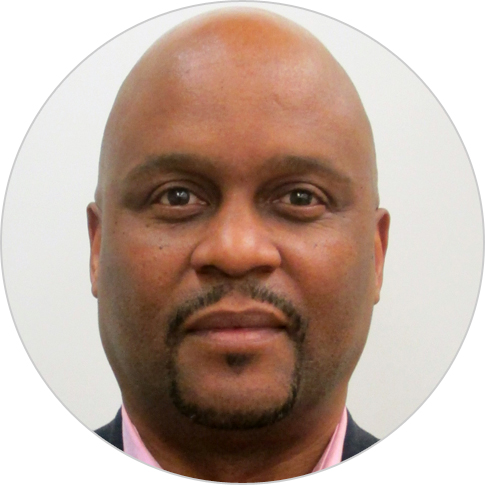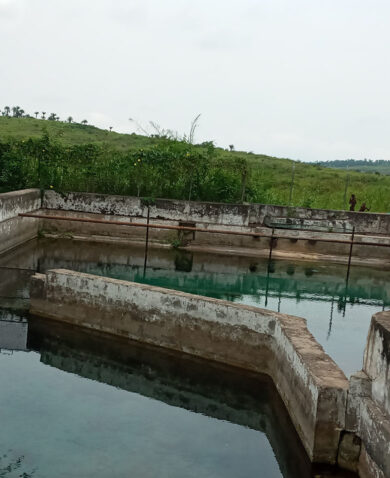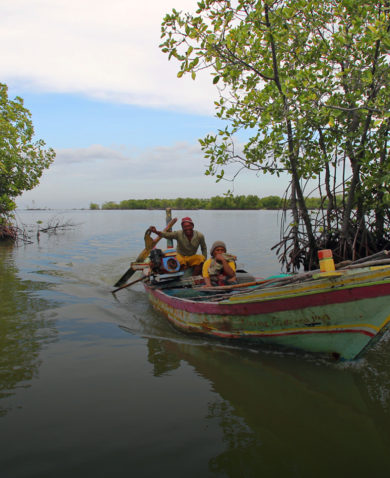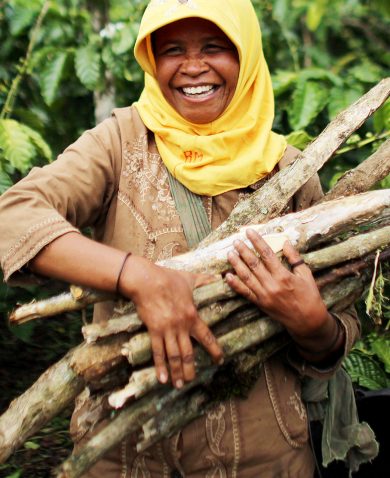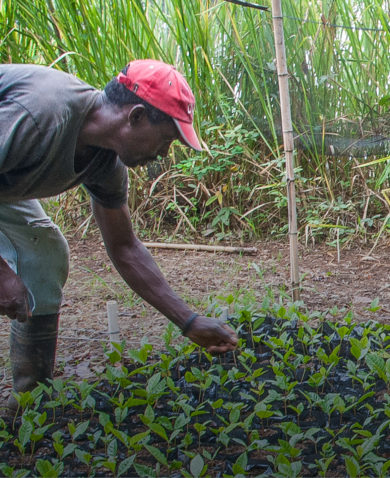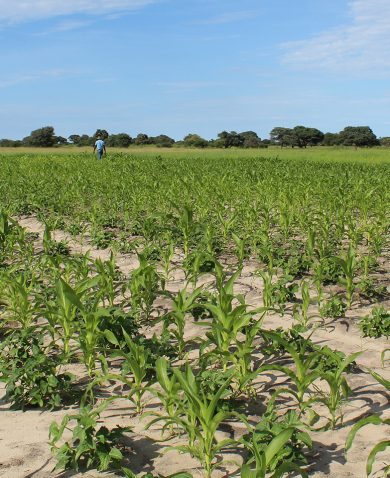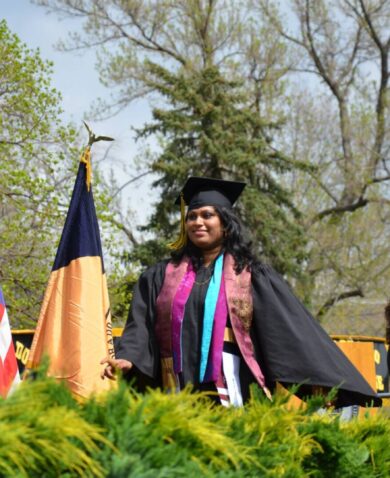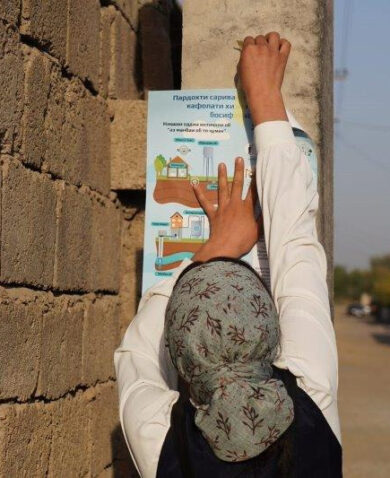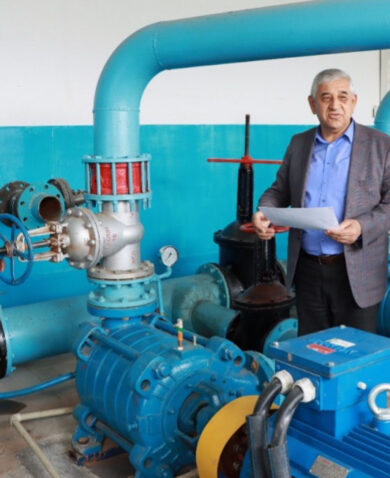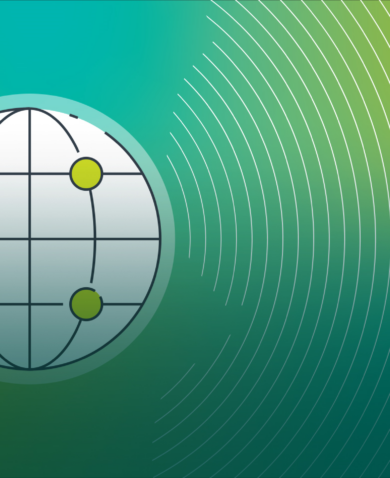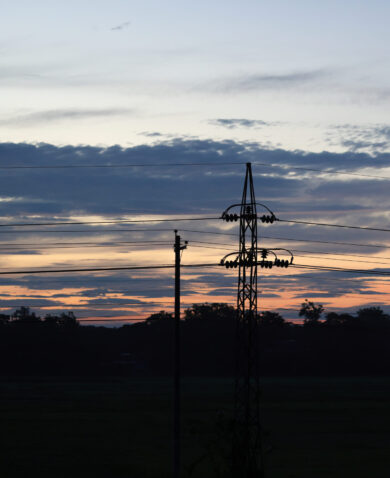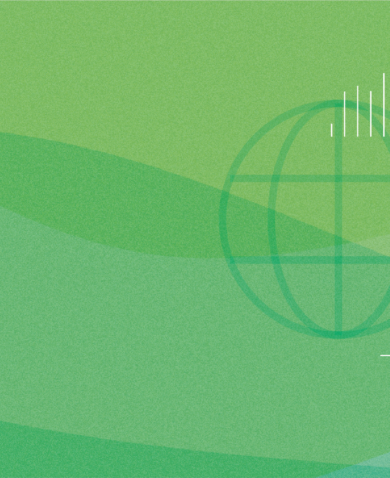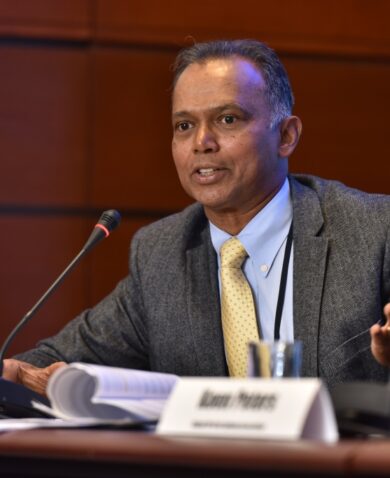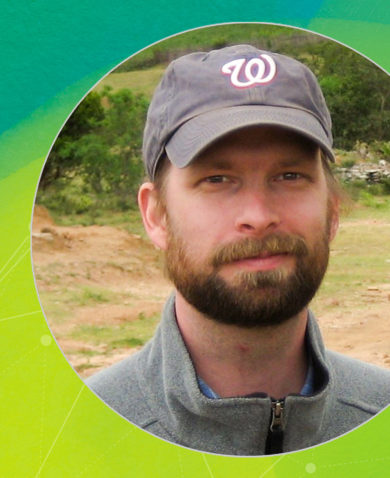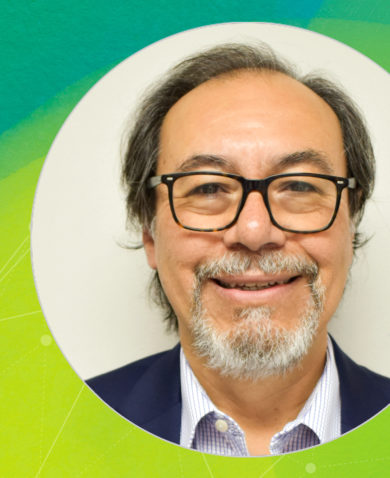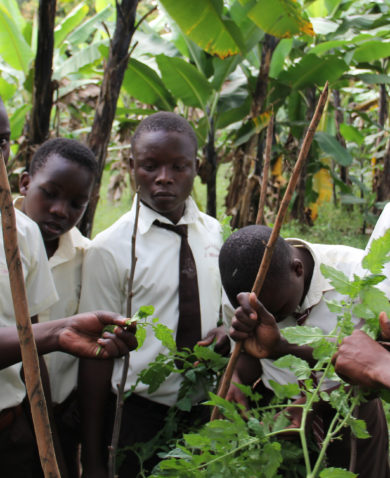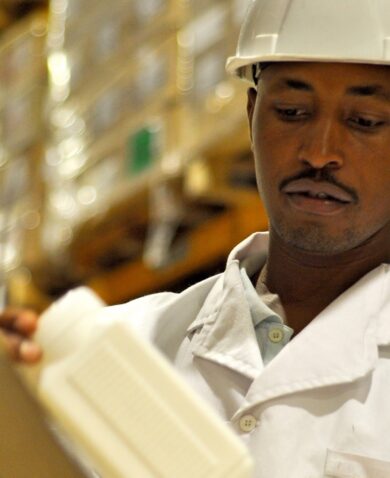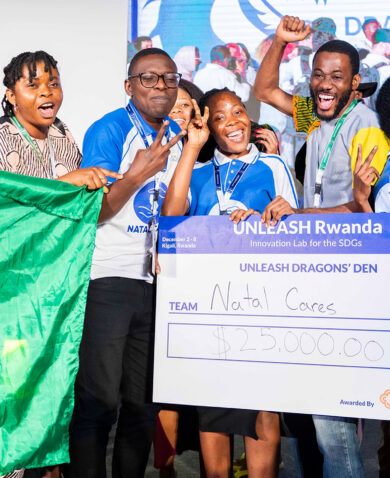I had the recent good fortune of attending the 8th Session of the World Water Forum in Brazil — what a grand affair! There was a packed program full of fascinating technical sessions held in parallel; three huge marquee tents full of exhibitors from governments, international agencies, and companies; and local community groups, NGOs, and entrepreneurs engaging thousands of delegates from all over the world. It was with much intrigue and no small amount of trepidation that I found myself preoccupied by the concept of the circular economy, which was much discussed during the conference. More to the point, blowing hot and cold as to its relevance in Southern Africa, my professional home for all my life. I thought, “I fancy myself as a seasoned professional with 25 years of experience — why am I struggling to find resonance with the concept of a circular economy?”
The concept of the circular economy was introduced by the late David Pearce in 1990 and seeks to address the interlinkages of the four key economic functions of the environment. This is my understanding of the concept. Firstly, and most obviously, the environment is a natural resource base — water, oxygen, soils and landscapes, and plant and animal life, without which nothing can exist. Secondly, the environment is a life-support system; it ensures continuity and renewal of the multitude of ecosystems that surround us. Thirdly, it provides amenity values, by which is meant our appreciation of the aesthetic attributes of the environment, which serve to inspire and give meaning to our lives. Finally, and crucially, the environment is a sink for economic activities, which is a polite way of saying that the environment acts as a sink for waste products. It is where we dump the unwanted by-products of production and consumption. And where I come from, this invariably is harmful rather than beneficial to the environment and to people.
A circular economy is posited as an alternative to a traditional linear economy (make, use, dispose). In the circular economy, we keep resources in use for as long as possible, extract value from them whilst in use, then recover and regenerate products and materials at the end of each service life. Makes sense? Of course it does, but hear me out.
Do We Need Another Framework?
I spent the last five and a half years implementing a project that sought to build the resilience of people and ecosystems in the Limpopo River Basin. My colleagues, partners, and I spent a large bulk of those years defining and re-defining the concept and meaning of resilience. Yes, of course we had the formal, documented definition, but as we went about our project activities we would always find ourselves asking: “Is this really building resilience? What is real resilience, anyway?” As the leader of my project and a respected professional in my field, I found myself outwardly having to give very clear confirmation of the resilience-building nature of our work — but every night I would find myself questioning whether indeed we were succeeding in building resilience. These thoughts kept me up at night because there was no questioning the hard work everyone was putting in, but to what (resilient) end?
Perhaps I was having a bout of déjà vu when I kept hearing the reference to the circular economy as a panacea to future sustainable development projects in the water-related sector. Was this another academically sexy concept that would now be forced upon us project implementers to figure out how to deal with so that it can be and measured, monitored, and reported on? What is going to be so different about the circular economy approach? It seems like common sense that when you have limited and increasingly decreasing resources, you will try to make the most of them in order to survive. A wise old man from South Africa’s North West Province used to say, in jest, that “common sense is not common to common people.”


